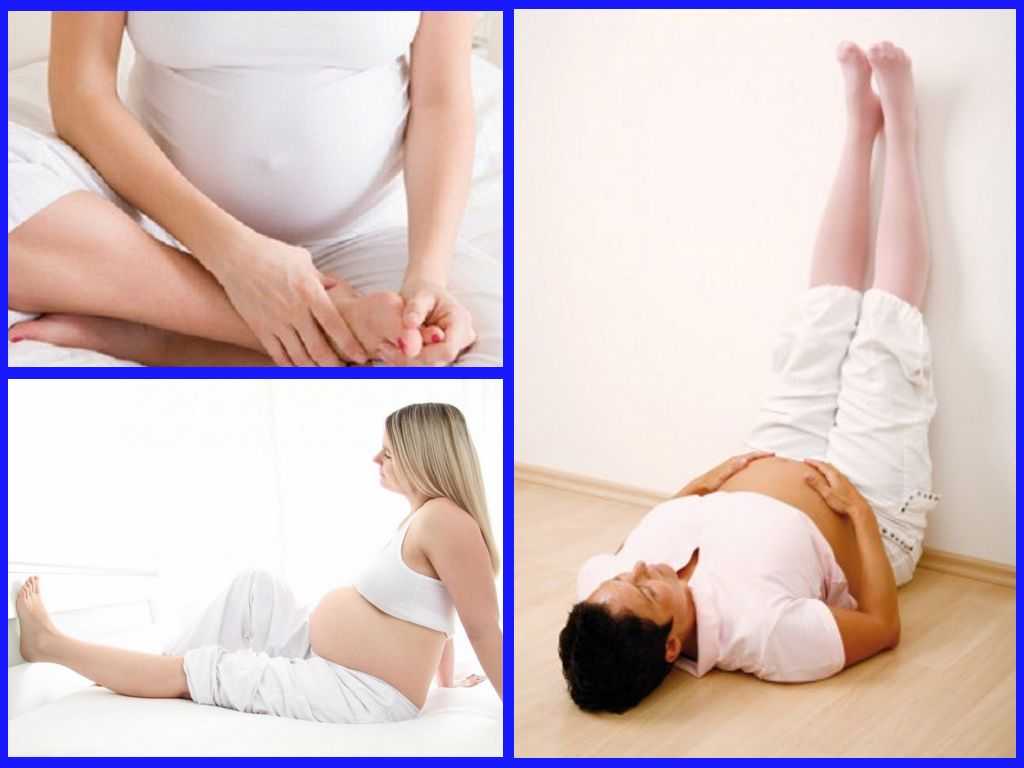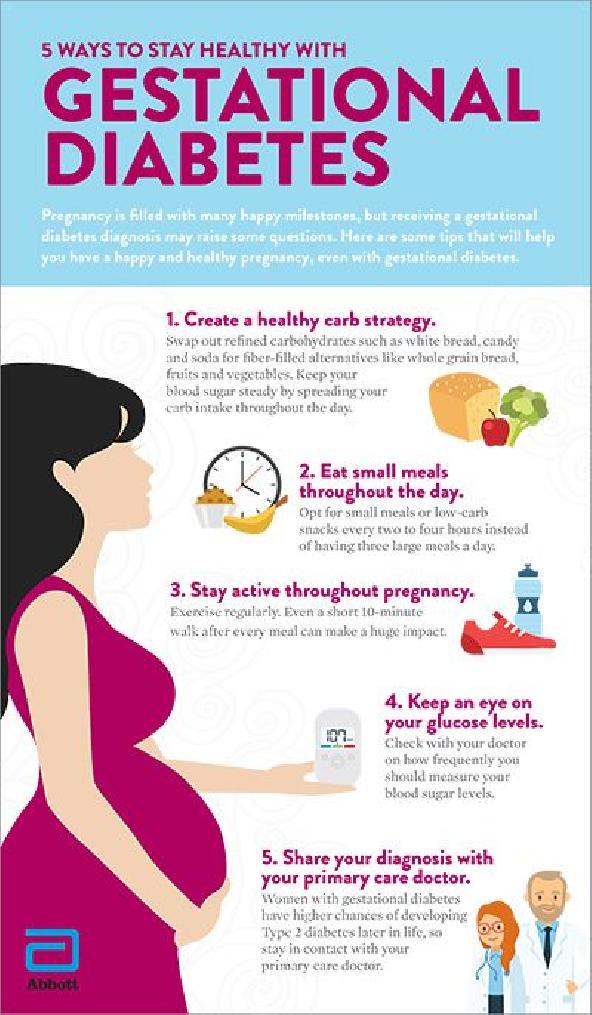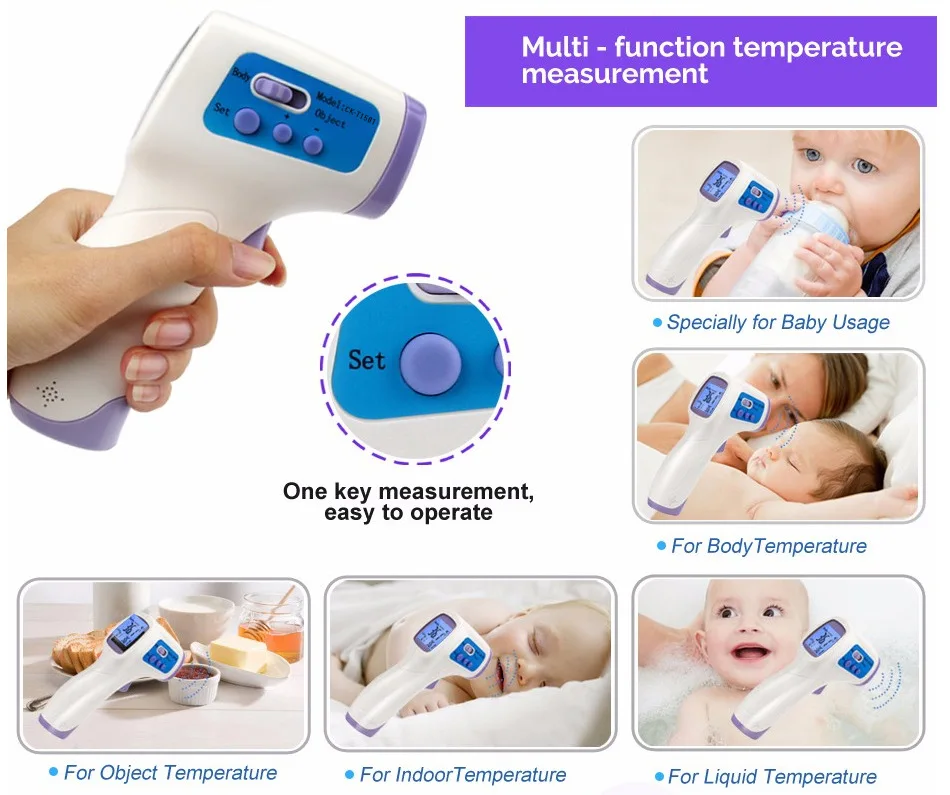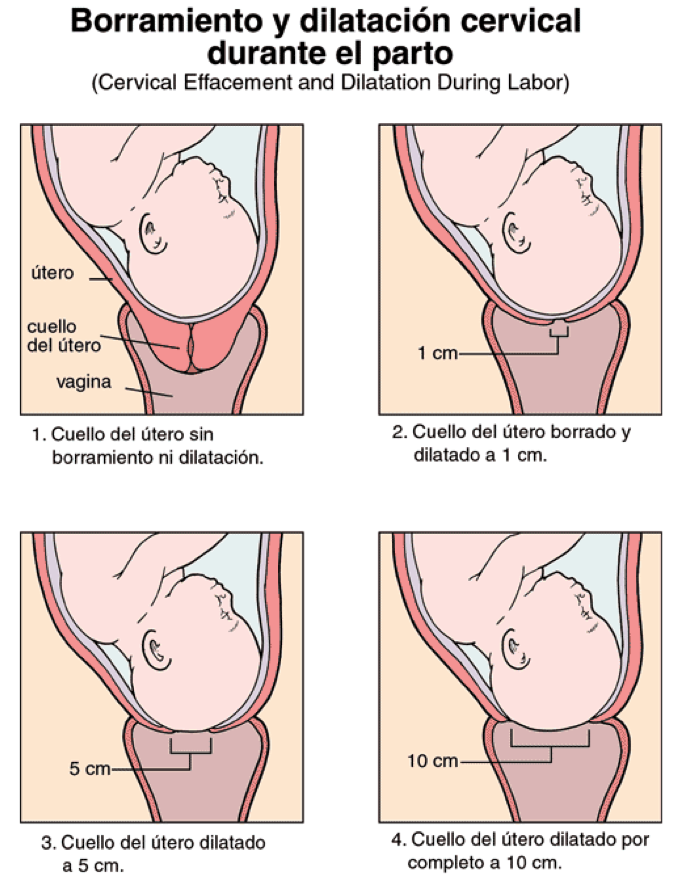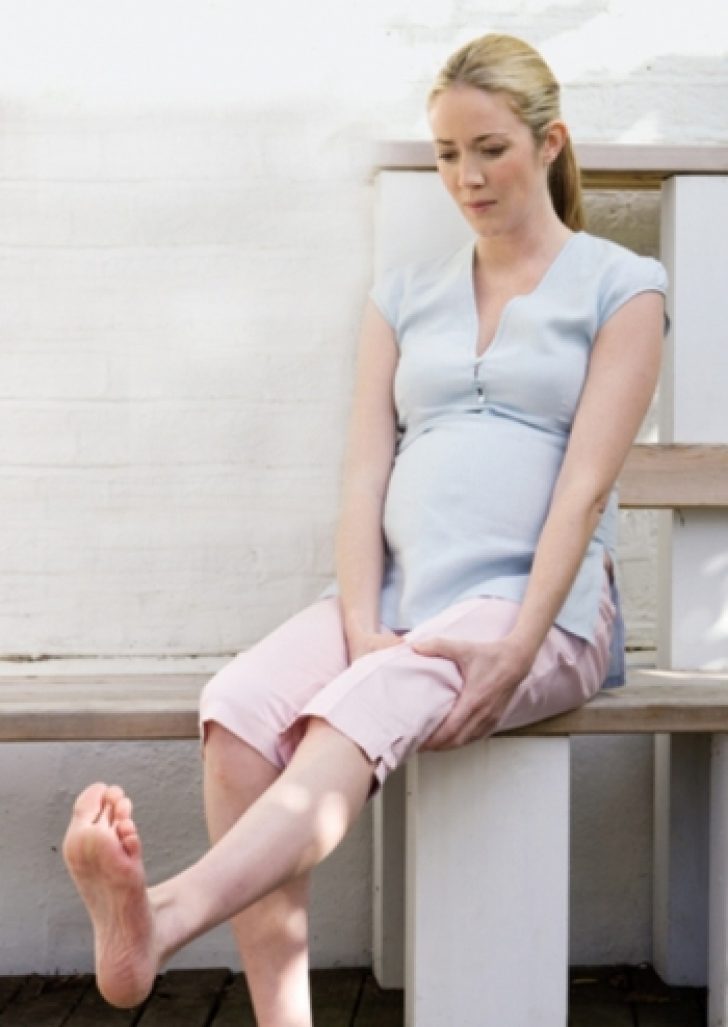Crying in pregnancy
Causes, Plus Treatments That Help
We all know pregnancy involves some significant physical changes. (My uterus will grow to how many times its normal size, you say?)
But hormonal shifts are also a hallmark of pregnancy — sometimes even serving as the cause of physical symptoms (hello, sore boobs) — and it stands to reason that these fluctuations can cause changes in brain chemicals that regulate moods.
Some women experience a range of emotions from happiness to sadness — and everything in between. So if you’re having crying spells over the slightest problems — spilt milk (proverbial or actual), a sentimental commercial, or a kind gesture — no worries. What you’re going through is completely normal.
Here’s what you need to know about crying during pregnancy, as well as a few tips to ease those pesky mood swings.
Even if you’re a naturally sentimental or emotional person, you might notice yourself crying more during pregnancy. And if you’re typically one who rarely sheds a tear, uncontrollable outpourings of emotion might take you by surprise.
Although emotions are a normal part of pregnancy, it helps to understand the reasons for weepiness.
First trimester
Every woman is different, so some women may have crying spells throughout their entire pregnancy, whereas others only cry during the first trimester.
First trimester crying isn’t unusual, considering this is when a change in hormone secretion takes place. Higher levels of both estrogen and progesterone during the first trimester seem to be responsible for some mood swings, marked by irritability and sadness.
Plus, pregnancy is a major life change. And for this reason, combined with the rapidly changing hormones, crying during the first trimester might be due anything from extreme happiness to anxiety or fear that something will happen to the baby.
Second and third trimesters
Hormonal shifts can continue into the second and third trimesters, so crying spells may happen during this time, too.
Your body is changing rapidly, which can also increase anxiety levels. As a result, some women may feel more on edge in the second trimester. If so, normal everyday stresses and frustrations could also trigger crying spells.
As a result, some women may feel more on edge in the second trimester. If so, normal everyday stresses and frustrations could also trigger crying spells.
And when you’re nearing the finish line, there’s probably a lot on your mind. You have to complete the nursery, prepare your finances, and the realness of labor and delivery might make you a little panicky.
You’re about to have an added responsibility — whether it’s your first child or you’re adding to your family. This can be a stressful time, and if emotions run high, crying spells might follow.
While a change in emotions and crying spells are a normal part of pregnancy, crying can also be a symptom of a more serious mental health concern such as depression.
Telling the difference between normal pregnancy mood swings and depression can be tricky. As a general rule of thumb, depression will trigger other symptoms, too — not just crying. These symptoms include:
- difficulty concentrating
- loss of appetite
- loss of interest in favorite activities
- feelings of worthlessness
- feelings of guilt
- sleeping too much
- sleeping too little
- thoughts of harming yourself or others
Sometimes, depression during pregnancy is fleeting and resolves on its own.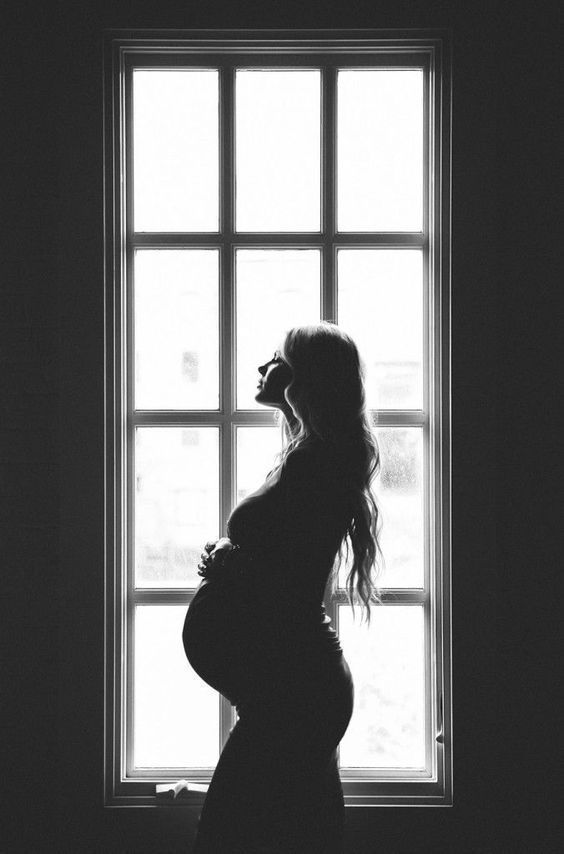 But if symptoms last for 2 weeks or longer, speak to your doctor.
But if symptoms last for 2 weeks or longer, speak to your doctor.
Having an occasional crying spell isn’t likely to harm your unborn baby. More severe depression during pregnancy, however, could possibly have a negative impact on your pregnancy.
One 2016 study suggested that mental health issues like anxiety and depression during pregnancy may increase your chances of preterm birth and low birth weight. Another 2015 review of studies found a similar connection between mental distress and preterm birth.
If you’re depressed, you may not take care of yourself during pregnancy as much as you would otherwise. If you’re not eating enough or getting enough nutrients, skipping prenatal appointments, or not moving around, your baby may not be getting adequate care.
It’s important to remember that depression is not your fault, and neglecting your health is a side effect of untreated depression rather than a conscious choice.
We know you would never intentionally bring harm to your pregnancy.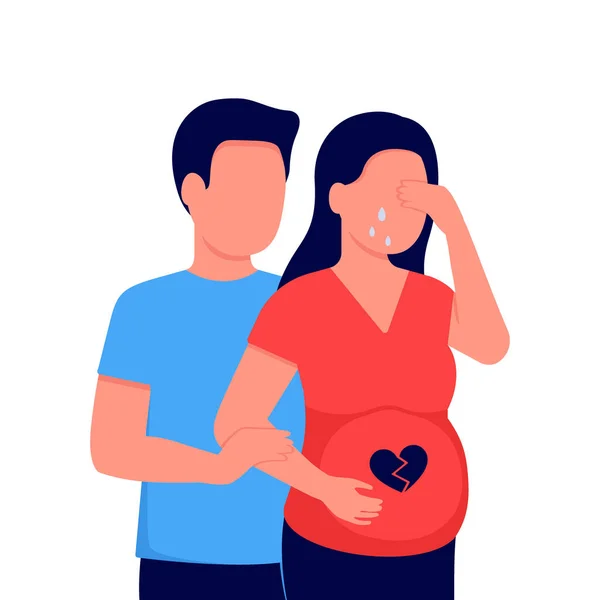 All this is just to underscore the importance of talking to your doctor, because there are treatments — ones that are pregnancy safe — that can help.
All this is just to underscore the importance of talking to your doctor, because there are treatments — ones that are pregnancy safe — that can help.
Depression during pregnancy also increases your risk of postpartum depression (PPD), which can affect how you bond with your baby. PPD is common and nothing to be ashamed of, but it’s important to talk to your doctor so they can help.
Unfortunately, you can’t control hormonal shifts during pregnancy. But you can take steps to help ease the effects of these shifts, which may relieve — or at the very least, reduce — crying spells.
- Get enough sleep. Too little sleep can increase your stress levels, making you more irritable. Aim for at least 7 to 9 hours of sleep each night.
- Be physically active. Ask your doctor about gentle exercises during pregnancy to boost your energy and improve your mental health. Go for a walk, swim, or take a low-impact aerobics class.
- Talk to other moms or pregnant women.
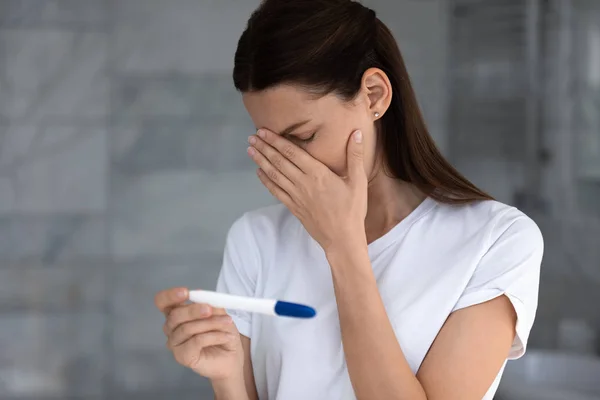 Getting support, either online or from a local group, may also ease some of the fear and anxiety associated with pregnancy. By talking to other moms, you can share advice, relate personal stories, and provide each other with emotional support.
Getting support, either online or from a local group, may also ease some of the fear and anxiety associated with pregnancy. By talking to other moms, you can share advice, relate personal stories, and provide each other with emotional support. - Don’t overwhelm yourself. Yes, preparing for a new baby can be overwhelming and stressful. But don’t feel that you have to do everything yourself, or that you have to do everything before the baby arrives. This type of pressure can lead to frustration, guilt, and crying spells.
If you’re depressed, talk to your doctor. Certain antidepressants are safe to take during pregnancy. Plus, treating depression during pregnancy may lower your risk of developing PPD after baby is born.
Pregnancy can make you an emotional wreck, but you’re not alone. Rest assured that crying spells are perfectly normal, and this part of pregnancy probably isn’t anything to worry about.
But if you feel that crying is more than hormonal or if you have mental health concerns, make an appointment with your doctor — they are your best advocate when it comes to your health and the health of your baby.
Causes, Plus Treatments That Help
We all know pregnancy involves some significant physical changes. (My uterus will grow to how many times its normal size, you say?)
But hormonal shifts are also a hallmark of pregnancy — sometimes even serving as the cause of physical symptoms (hello, sore boobs) — and it stands to reason that these fluctuations can cause changes in brain chemicals that regulate moods.
Some women experience a range of emotions from happiness to sadness — and everything in between. So if you’re having crying spells over the slightest problems — spilt milk (proverbial or actual), a sentimental commercial, or a kind gesture — no worries. What you’re going through is completely normal.
Here’s what you need to know about crying during pregnancy, as well as a few tips to ease those pesky mood swings.
Even if you’re a naturally sentimental or emotional person, you might notice yourself crying more during pregnancy. And if you’re typically one who rarely sheds a tear, uncontrollable outpourings of emotion might take you by surprise.
Although emotions are a normal part of pregnancy, it helps to understand the reasons for weepiness.
First trimester
Every woman is different, so some women may have crying spells throughout their entire pregnancy, whereas others only cry during the first trimester.
First trimester crying isn’t unusual, considering this is when a change in hormone secretion takes place. Higher levels of both estrogen and progesterone during the first trimester seem to be responsible for some mood swings, marked by irritability and sadness.
Plus, pregnancy is a major life change. And for this reason, combined with the rapidly changing hormones, crying during the first trimester might be due anything from extreme happiness to anxiety or fear that something will happen to the baby.
Second and third trimesters
Hormonal shifts can continue into the second and third trimesters, so crying spells may happen during this time, too.
Your body is changing rapidly, which can also increase anxiety levels. As a result, some women may feel more on edge in the second trimester. If so, normal everyday stresses and frustrations could also trigger crying spells.
As a result, some women may feel more on edge in the second trimester. If so, normal everyday stresses and frustrations could also trigger crying spells.
And when you’re nearing the finish line, there’s probably a lot on your mind. You have to complete the nursery, prepare your finances, and the realness of labor and delivery might make you a little panicky.
You’re about to have an added responsibility — whether it’s your first child or you’re adding to your family. This can be a stressful time, and if emotions run high, crying spells might follow.
While a change in emotions and crying spells are a normal part of pregnancy, crying can also be a symptom of a more serious mental health concern such as depression.
Telling the difference between normal pregnancy mood swings and depression can be tricky. As a general rule of thumb, depression will trigger other symptoms, too — not just crying. These symptoms include:
- difficulty concentrating
- loss of appetite
- loss of interest in favorite activities
- feelings of worthlessness
- feelings of guilt
- sleeping too much
- sleeping too little
- thoughts of harming yourself or others
Sometimes, depression during pregnancy is fleeting and resolves on its own.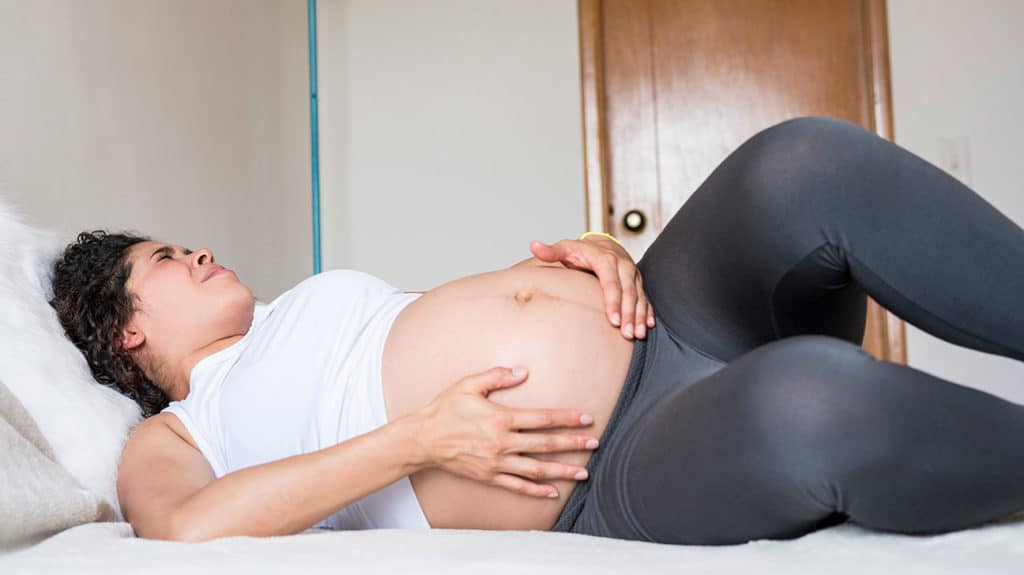 But if symptoms last for 2 weeks or longer, speak to your doctor.
But if symptoms last for 2 weeks or longer, speak to your doctor.
Having an occasional crying spell isn’t likely to harm your unborn baby. More severe depression during pregnancy, however, could possibly have a negative impact on your pregnancy.
One 2016 study suggested that mental health issues like anxiety and depression during pregnancy may increase your chances of preterm birth and low birth weight. Another 2015 review of studies found a similar connection between mental distress and preterm birth.
If you’re depressed, you may not take care of yourself during pregnancy as much as you would otherwise. If you’re not eating enough or getting enough nutrients, skipping prenatal appointments, or not moving around, your baby may not be getting adequate care.
It’s important to remember that depression is not your fault, and neglecting your health is a side effect of untreated depression rather than a conscious choice.
We know you would never intentionally bring harm to your pregnancy. All this is just to underscore the importance of talking to your doctor, because there are treatments — ones that are pregnancy safe — that can help.
All this is just to underscore the importance of talking to your doctor, because there are treatments — ones that are pregnancy safe — that can help.
Depression during pregnancy also increases your risk of postpartum depression (PPD), which can affect how you bond with your baby. PPD is common and nothing to be ashamed of, but it’s important to talk to your doctor so they can help.
Unfortunately, you can’t control hormonal shifts during pregnancy. But you can take steps to help ease the effects of these shifts, which may relieve — or at the very least, reduce — crying spells.
- Get enough sleep. Too little sleep can increase your stress levels, making you more irritable. Aim for at least 7 to 9 hours of sleep each night.
- Be physically active. Ask your doctor about gentle exercises during pregnancy to boost your energy and improve your mental health. Go for a walk, swim, or take a low-impact aerobics class.
- Talk to other moms or pregnant women.
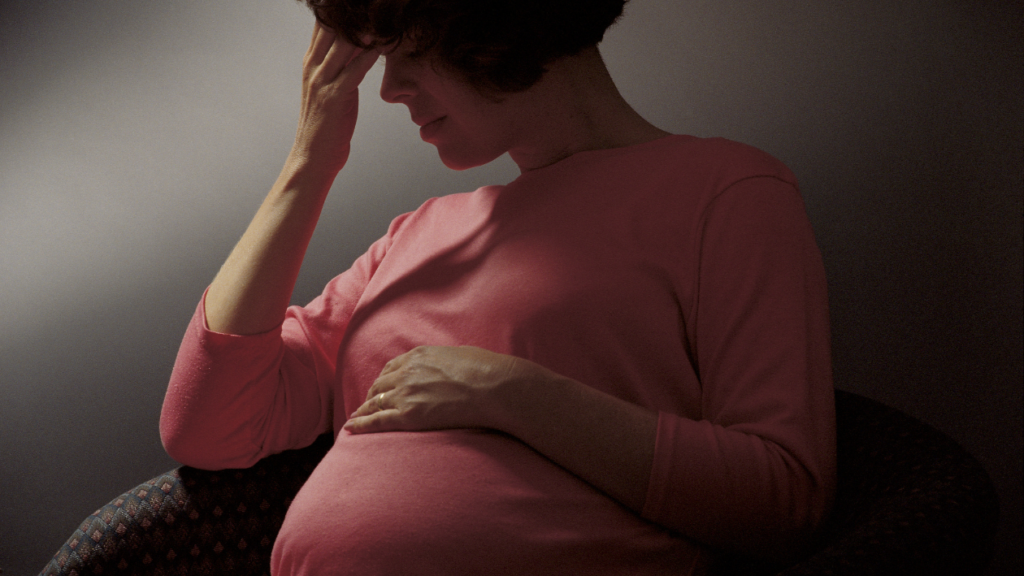 Getting support, either online or from a local group, may also ease some of the fear and anxiety associated with pregnancy. By talking to other moms, you can share advice, relate personal stories, and provide each other with emotional support.
Getting support, either online or from a local group, may also ease some of the fear and anxiety associated with pregnancy. By talking to other moms, you can share advice, relate personal stories, and provide each other with emotional support. - Don’t overwhelm yourself. Yes, preparing for a new baby can be overwhelming and stressful. But don’t feel that you have to do everything yourself, or that you have to do everything before the baby arrives. This type of pressure can lead to frustration, guilt, and crying spells.
If you’re depressed, talk to your doctor. Certain antidepressants are safe to take during pregnancy. Plus, treating depression during pregnancy may lower your risk of developing PPD after baby is born.
Pregnancy can make you an emotional wreck, but you’re not alone. Rest assured that crying spells are perfectly normal, and this part of pregnancy probably isn’t anything to worry about.
But if you feel that crying is more than hormonal or if you have mental health concerns, make an appointment with your doctor — they are your best advocate when it comes to your health and the health of your baby.
Crying is good for pregnant women, and here are 5 reasons why
Pregnancy
- Photo
- LSOphoto / iStock / Getty Images
Predicting the mood of a pregnant woman is a thankless task. Here she is smiling and having fun, and the next minute she is already bursting into tears. Hormonal surges play an important role in this.
For example, progesterone, which usually rises in the last couple of months of pregnancy, makes a woman feel more vulnerable. Let's add here fatigue, everyday difficulties, when you can’t even tie your own shoelaces. In general, is it necessary to continue that the expectant mother has enough reasons to cry.
However, we often hear from those around us: "You shouldn't cry, you're expecting a baby." People directly associate stress and tears, and it is contraindicated for a future mother to be nervous. However, this does not mean that a pregnant woman should hold back her tears. Moreover, crying is even useful. And that's why.
However, this does not mean that a pregnant woman should hold back her tears. Moreover, crying is even useful. And that's why.
Tears soothe
There are enough experiences during pregnancy. But what can I say, the state itself, when the whole body is rebuilt for the future baby, this is already a big stress. Therefore, a woman must definitely give free rein to feelings, and not accumulate them in herself. And tears in this case act as a sedative. They also remove substances from the body that increase the level of cortisol, a stress hormone that can harm the baby’s cardiovascular system.
Tears are relaxing
Western scientists in a 2014 study compared tears to meditation or yoga in terms of their effect on the nervous system.
"Repetitive rhythmic movements, such as occur during sobbing, can divert attention from external stimuli, reduce heart rate and calm," the researchers say.
After crying, a woman feels more relaxed. Nervous tension is relieved.
- Photo
- Getty Images
Tears relieve physical pain
When we cry, the neurons in the brain naturally release painkillers, also known as endorphins. This is a group of chemical compounds that can reduce physical pain.
Tears improve mood
Endorphins, which are produced during our crying, not only reduce physical pain, but also help reduce feelings of fear and even just make a person happier.
Dutch scientists tracked the effect of tears on a person while watching a sad movie. It turned out that people who cried during the movie stopped feeling sad and returned to normal within 20 minutes after the end of the movie. And after an hour and a half felt even better than before the viewing.
Tears are a request for help
Your loved ones may not even realize how difficult it is for you right now. Therefore, tears are such a request for help, a sign that you need attention and care. So, the next time you want to cry because of universal injustice, don't make yourself a strong, self-sufficient woman. Just pay.
So, the next time you want to cry because of universal injustice, don't make yourself a strong, self-sufficient woman. Just pay.
Ksenia Voronezhtseva
Today they are reading
Yulia Nachalova’s daughter shared pictures from her birthday in the company of her father and his family Wales at the awards in Boston
Online broadcast and funeral at sunset: 8 features of the burial of Elizabeth II0003
Why is it harmful to cry during pregnancy
Pregnancy is accompanied by a whole range of emotions that do not always have a positive effect on us. Among them are those that make us cry.
To some extent, crying is normal during pregnancy, but when it occurs too often and is accompanied by various depressive states, it should be a warning signal for us. Unfortunately, crying can have a negative effect on the child, as it is a manifestation of depression and stress. Therefore, do not forget that it depends solely on us how we manage our emotional states during pregnancy so that it does not affect the baby in any way.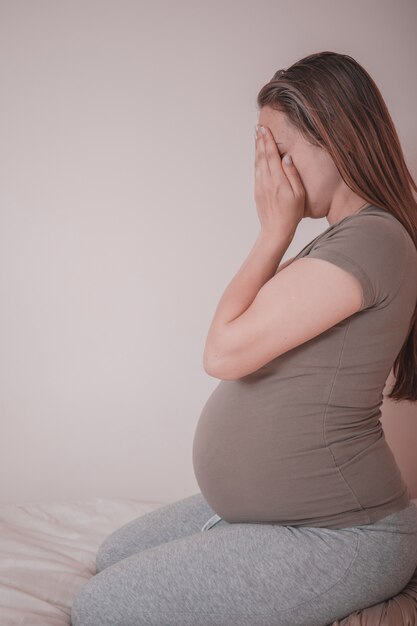 In addition, it is very important to understand what exactly is wrong with us, and immediately seek support from a specialist.
In addition, it is very important to understand what exactly is wrong with us, and immediately seek support from a specialist.
Relationship between hormonal changes during pregnancy and mood swings
During pregnancy, the levels of the hormones estrogen, progesterone, and human chorionic gonadotropin (also known as hCG, a hormone produced by the placenta) increase significantly. The first major changes that occur with these hormones appear around 6-10 weeks of pregnancy.
These changes also lead to changes in neurotransmitters (chemical transmitters that can transmit signals to the brain and thereby regulate mood). On the other hand, studies conducted in this area have proven more than once that an increase in progesterone during the last two months of pregnancy can cause serious changes in the mental state of the expectant mother.
Therefore, researchers at Harvard Medical School warn that about 10-15% of pregnant women may suffer from mild to moderate depression . At the same time, it is important to understand the difference between this condition and ordinary mood swings, which, as a rule, disappear on their own after a maximum of two weeks.
At the same time, it is important to understand the difference between this condition and ordinary mood swings, which, as a rule, disappear on their own after a maximum of two weeks.
To identify depression, we must know its main symptoms:
• Lack of energy
• Deep sense of sadness and despair
• Panic attacks
• Significant loss of appetite
• Sereism sleep disorders
• Decreased interest in the normal course of pregnancy
• Loss of interest in everything that previously gave pleasure
Last but not least, crying for no reason can also be a sign of depression.
Of course, when pregnant, women can cry much easier than usual, for no apparent reason, but when they cry too much and often, you should seek medical help.
What are the possible consequences of negative emotions during pregnancy on the baby
0076 The emotions experienced by the mother can affect the fetus, especially from the sixth month of pregnancy. It turns out that their effect is by no means temporary, as they contribute to the formation of the child's future attitude to life.
It turns out that their effect is by no means temporary, as they contribute to the formation of the child's future attitude to life.
So, crying is normal during pregnancy, as long as it is episodic. We need to know that we cry most often in the following situations:
We cry when we feel too stressed
Of course, at some point we all experience stress during pregnancy, but this feeling goes away with time. Thus, if stress is a passing phenomenon, no harm will be done to the child.
However, if we worry too much and cry too much, changes will occur in our hormones that will be passed on to the placenta. In this case, it is very likely that our child is prone to feelings of anxiety and even suffer from chronic stress.
If we cry because of depression
% are more at risk of suffering from depression before they reach adulthood. In addition, even if they are not depressed, they may develop other emotional problems, such as a predisposition to aggressive behavior.
If we cry because we are unhappy with our pregnancy
There are times when women may feel unhappy with their pregnancy and therefore cry often.
Such a situation cannot be favorable for the baby, since the condition of his mother will lead to certain hormonal changes that will affect the placenta, and later on the child.
How depression and crying can affect a child
If a mother is not treated for depression accompanied by frequent crying, her baby is likely to have the following problems after birth:
• He will be more anxious and difficult to calm down
• Will be too silent or passive
Last but not least, experts warn that mothers who are depressed during pregnancy are more at risk of preterm labor and babies may experience developmental difficulties, both physically and mentally.
Knowing about all these aspects and symptoms of depression during pregnancy, we will be able to analyze our internal state ourselves, and if any anomalies are found, contact a specialist in time.


